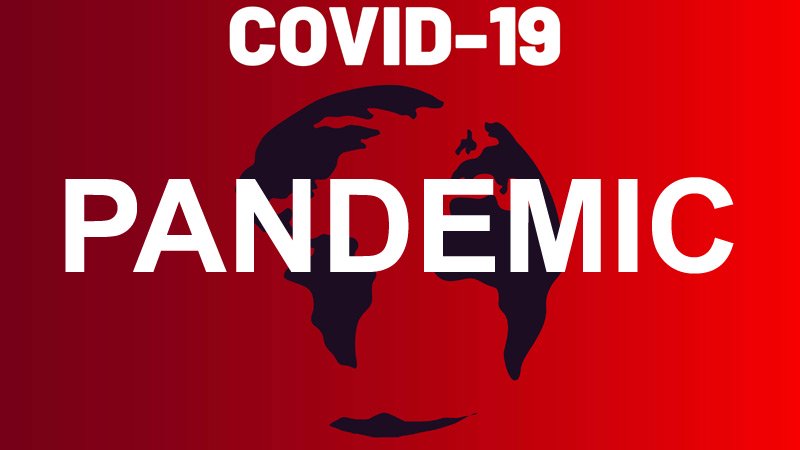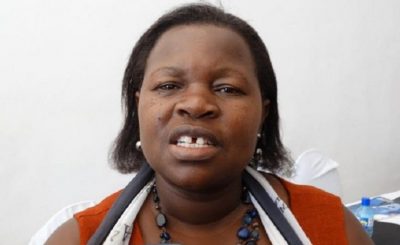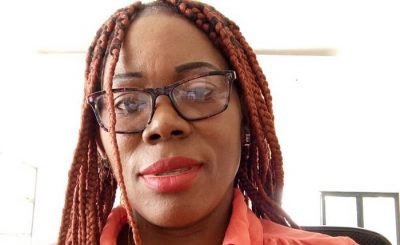Delegates at the recent official side-event to the UN High Level Political Forum for Sustainable Development have called on governments across the globe to create an environment that is responsive to the needs of women, children and adolescents amidst coronavirus pandemic.
According to the delegates, the targeted group bears the most effects of such pandemics which in turn impacts progress in improving their health and rights.
In an interview, Vice President for Young Feminists Network Maziko Matemvu, who also moderated the recent virtual meeting, said Malawi too need to consider taking serious commitments aiming at addressing the inequalities.
“National governments and global partners need to work together to promote and support the collection, analysis and use of real time quality data across all areas of relevance to women’s, children’s and adolescent’s health.
“As different countries are committing to protecting women, children and adolescents, it’s important that other countries and other government like the government of Malawi also follow suit,” said Matemvu.
She added the challenges faced by such vulnerable groups are so huge at the time Malawi is grappling with the third wave of the pandemic.
“Most importantly, we cannot move forward without engaging and we need to engage young people beyond them just being beneficiaries but to also just have them as equally sharing stakeholders.
“We cannot move forward and make progress resilient if we are ignoring the vulnerabilities that different women, children and adolescents face in a pandemic like this,” said Matemvu.
Protect the Progress: Rise, Respond, Recover was hosted by the Government of Estonia and co-organized by Partnerships for Maternal, Newborn and Child Health (PMNCH), UNICEF, UNFPA, WHO and the International Health Partnership for UHC 2030 (UHC2030).
In addition, the event included launching of an advocacy and accountability brief, building on findings presented in the 2020 Progress Report on the Global Strategy for Women’s, Children’s and Adolescents’ Health.





